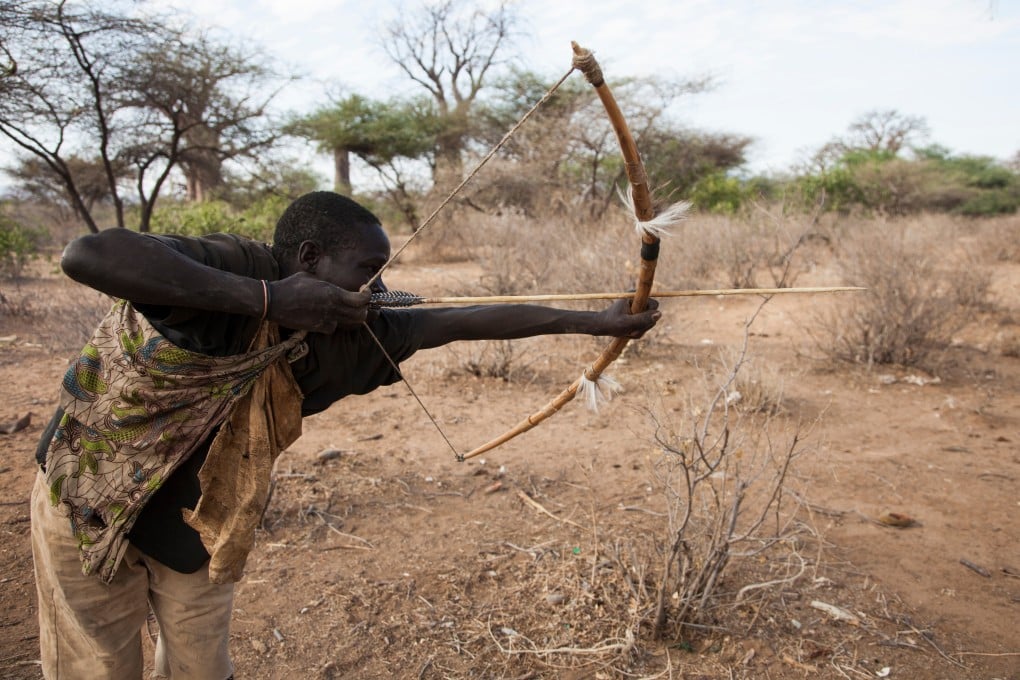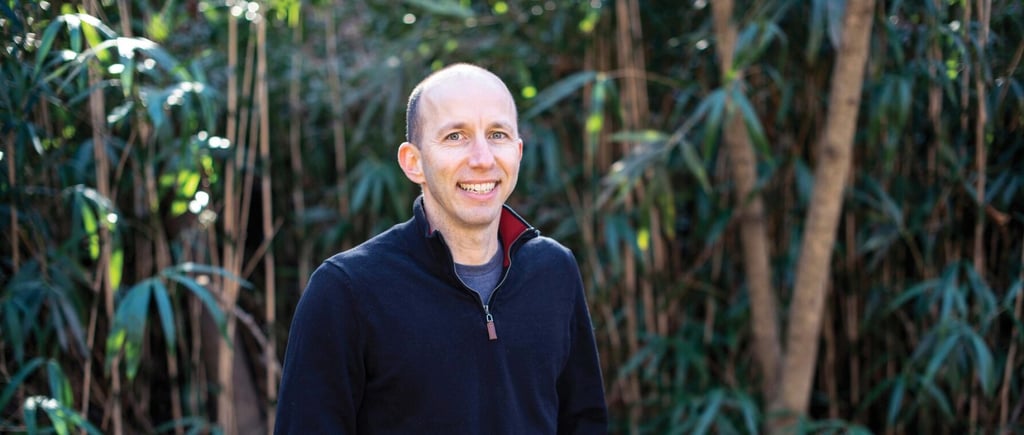How to lose weight the healthy way: more exercise won’t cut it, but switching your diet will, says professor who studied hunter-gatherers
- Herman Pontzer’s studies of African hunter-gatherer societies’ activity and energy expenditure have convinced him that exercise is not a weight-loss tool
- Cutting out calorie-heavy processed foods is the best place to start, Pontzer, an expert on human metabolism, says, because weight is about what you consume

Exercise helps you to burn calories and lose weight, right? Not really, according to Herman Pontzer, a leading authority on metabolism and its development through human history.
Pontzer laid out the research behind his thinking in his book Burn: New Research Blows the Lid Off How We Really Burn Calories, Stay Healthy, and Lose Weight. It says that while it’s crucial to exercise to maintain overall good health, over the long run it will not help you lose weight.
Exercise may reduce your weight for the first 10 months or so, but then you will return to your original weight, even if you stick to your exercise regimen, says Pontzer, an associate professor of evolutionary anthropology and global health at Duke University in North Carolina in the United States.
That’s because your body has evolved to have a fixed idea of what your daily energy expenditure should be, and that expenditure returns to around where it started after those 10 months, no matter what you are doing.

Your metabolic engines – mainly the hypothalamus – work hard to keep your energy expenditure within a narrow band, whether you are exercising or not, and your body compensates for anything you do to influence it.
Although it sounds counterintuitive, when you’re pushing hard on the treadmill, after a few months you’re actually not burning up much more energy than when you were avoiding the gym and watching TV on the couch instead.